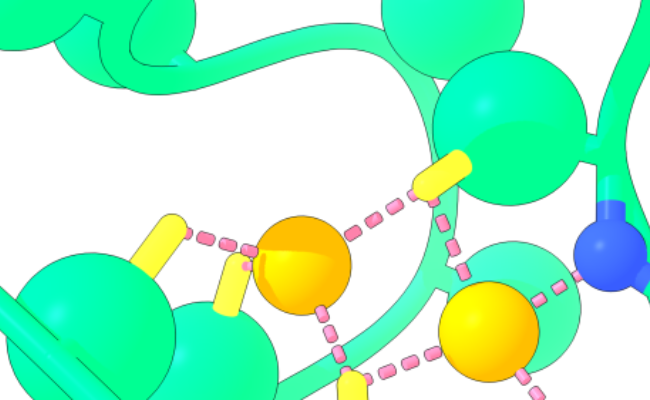Scientists Discover Molecule that Could Have Started Life on Earth
Scientists have always been fascinated by how life began on earth. Now, a new study suggests that a molecule may have played a vital role in the origin of life.
A group of Rutgers researchers focused on tracing the fundamental roots of metabolism. These are a series of chemical reactions that initially fueled life on our planet.
The researchers have discovered a protein segment that may offer scientists valuable insight into detecting planets on the cusp of generating life.
The team of scientists involved in the research belongs to the Astrobiology program at NASA.
Nickelback: Scientists Identify Molecule That May Have Began Life On Earth https://t.co/jbaOdF9QpS pic.twitter.com/7Pb6Vs6yix
— NDTV News feed (@ndtvfeed) March 14, 2023
They are specifically part of the Evolution of Nanomachines in Geospheres and Microbial Ancestors (ENIGMA) group led by Rutgers University.
They aim to comprehend the evolution of proteins, which became the primary catalyst for life on earth.
These scientists have committed to tracing the primordial origins of metabolism, a set of fundamental chemical reactions that first enabled life on earth.
A Close Look at the Study
Ikas Nanda, a researcher at Rutgers’ Center for Advanced Biotechnology and Medicine (CABM), suggests that the recently published study in Science Advances could be crucial for the search for extraterrestrial life as it provides researchers with a new lead to pursue.
Based on laboratory studies, scientists have identified a simple peptide with two nickel atoms.
They believe the peptide is one of the most probable chemical candidates responsible for kickstarting life on earth. It is called “Nickelback,” not to be confused with the Canadian rock band.
They named it like that because of its backbone nitrogen atoms bonding to two crucial nickel atoms.

Photo Credit: Rutgers
Peptides comprise a few basic building blocks called amino acids and constituents of proteins. The institution disclosed this information in a release.
Nanda, a molecular biology and biochemistry professor at Robert Wood Johnson Medical School, said in a statement.
“Scientists believe that there was a tipping point sometime between 3.5 and 3.8 billion years ago.”
Nanda added, “something that began the change from prebiotic chemistry to living, biological systems.”
When scouring the universe with probes and telescopes for signs of past, present, or new life, NASA scientists look for specific “biosignatures” known as harbingers of life.
Nanda explained peptides like Nickelback could be the latest biosignature. NASA employs these peptides to identify planets on the verge of producing life.
“We believe the change was started by a few small precursor proteins that executed key steps in an ancient metabolic reaction. We’ve discovered one of these pioneer peptides.”
The Scientists’ Approach

The researchers hypothesized that the initiating chemical must be simple enough to form spontaneously in a prebiotic environment.
It should also be chemically active and sufficient to drive a biochemical process by extracting energy from the surroundings.
The researchers followed a reductionist approach to tackle this problem. They examine contemporary proteins involved in metabolic processes and reduce them to their basic structures.
After conducting a series of experiments, the researchers identified the most promising candidate: Nickelback.
This peptide comprises 13 amino acids and binds two nickel ions, abundant in the early oceans.
When nickel ions are bound to the peptide, they become highly effective catalysts. Then they attract protons and electrons and produce hydrogen gas.
Hydrogen was also abundant on early earth and could have provided a crucial energy source for metabolism.
“This is essential because, while there are many theories about life’s origins, there are very few actual laboratory tests to confirm these ideas,” Nanda said.
“This work shows that simple protein metabolic enzymes are possible, but they are very stable and active — making them a likely starting point for life.”
The researchers suggest that “Nickelback” may have been present in the primordial soup on the early earth, along with other prebiotic molecules. It could have played a vital role in the emergence of life.
They note that Nickelback is relatively simple and easy to synthesize, suggesting it may have formed spontaneously in the environment.
While the study provides compelling evidence for the role of Nickelback in the origin of life, it is vital to note that it is just one piece of the puzzle.
The question of how life started on earth is complex and multifaceted. Researchers must continue investigating other molecules’ roles and processes to understand life’s origin fully.







